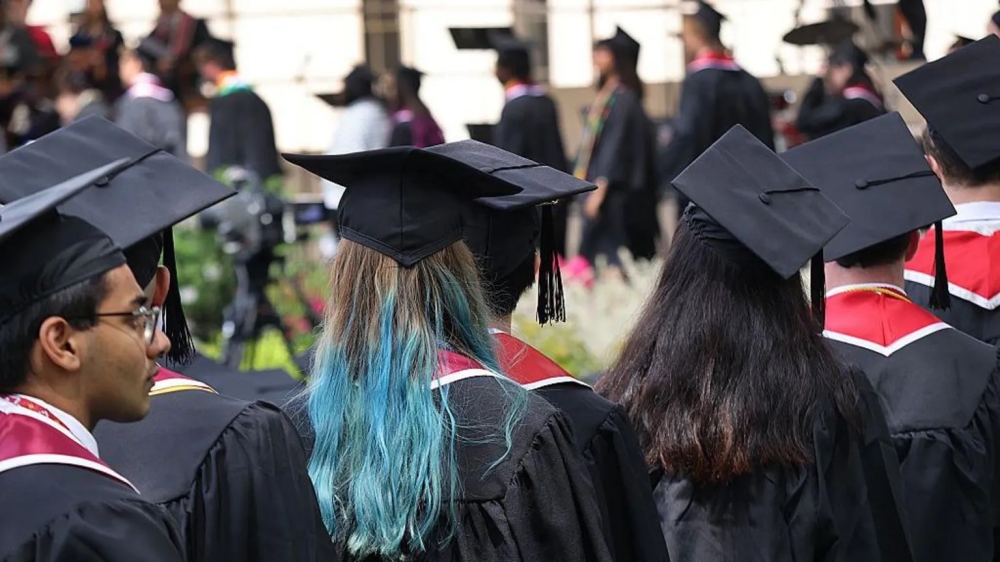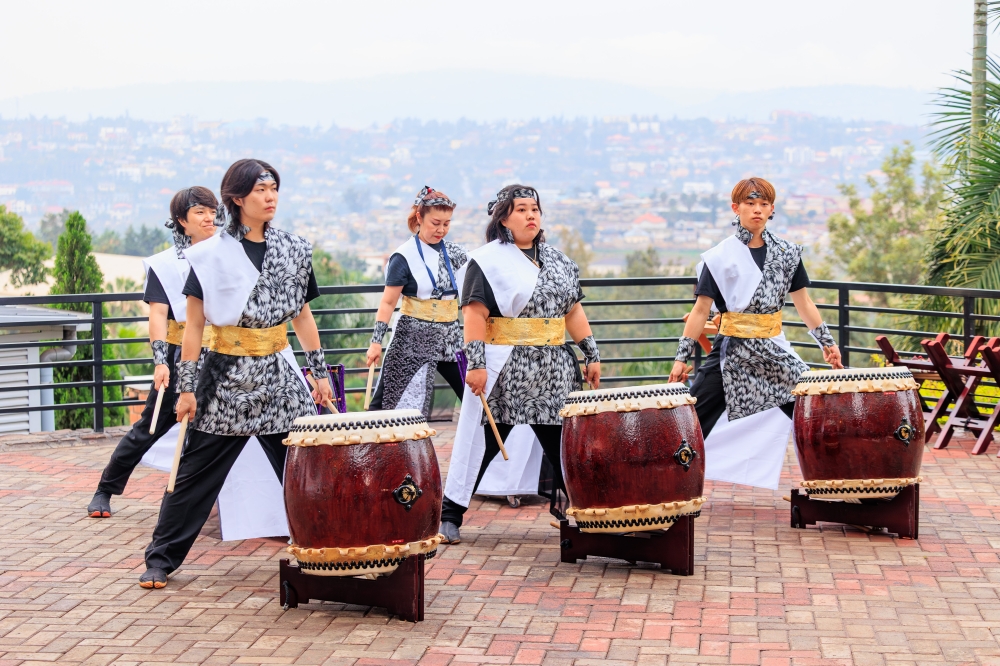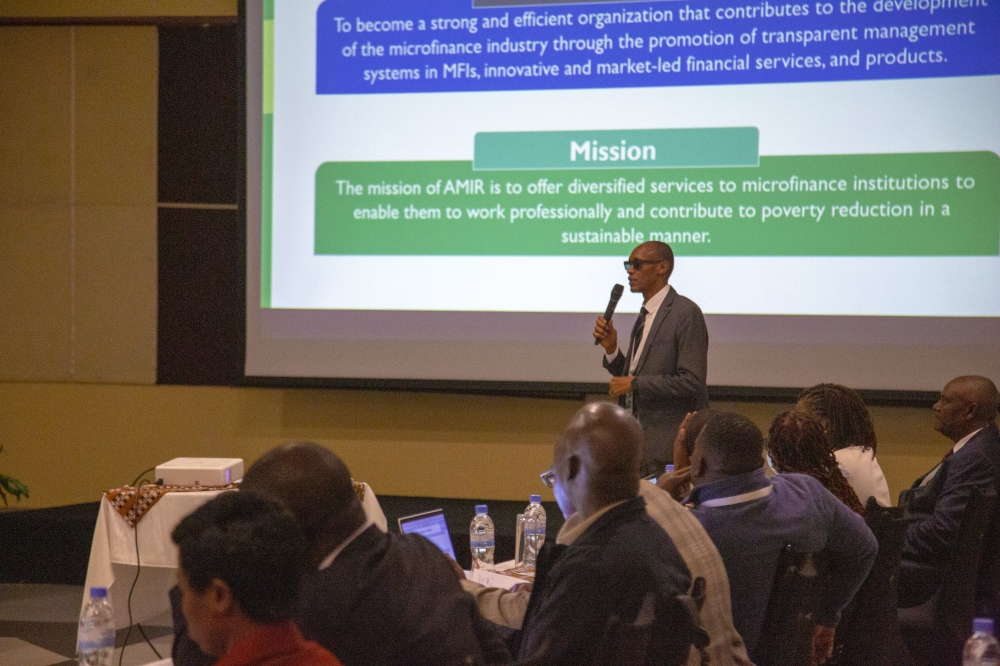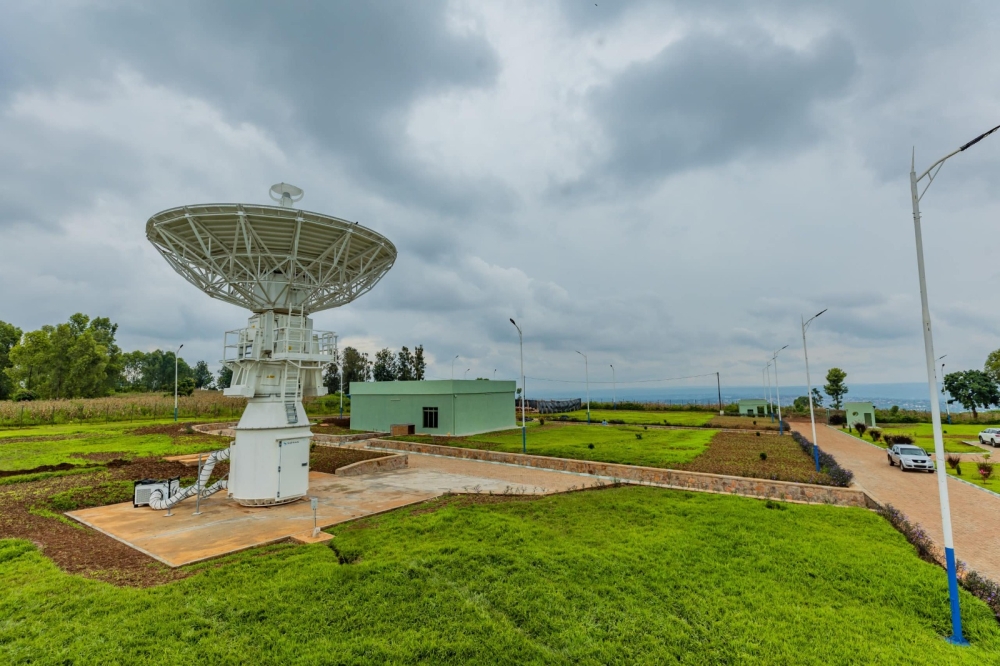Countries have been urged to come up with effective measures that will enable the population get access to clean water; to avoid the sum being wasted due to unsafe and poor water supply globally.

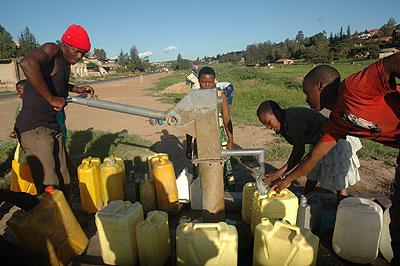
Countries have been urged to come up with effective measures that will enable the population get access to clean water; to avoid the sum being wasted due to unsafe and poor water supply globally.The call was made by Liberian President, Ellen Johnson Sirleaf, during the UN Secretary-General’s High-Level Panel that took place on Wednesday in Monrovia."US$260 billion in economic losses annually is directly linked to inadequate water supply and sanitation around the world. We must take this issue more seriously,” she said.Sirleaf was one of the three co-Chairs of the UN Secretary-General’s High-level Panel of Eminent Persons on the Post-2015 Development Agenda.She urged that access to adequate sanitation is seen as an outcome of development, rather than a driver of economic development and poverty reduction.The 2011 Noble Prize Winner gave examples of countries which have addressed the challenge saying it has effectively contributed to their economic development. "South Korea, Malaysia and Singapore in the 1960’s and 1970’s demonstrated the potential for boosting economic development by addressing sanitation,” she said.The meeting was also chaired by UK Prime Minister David Cameron, and the President of Indonesia, Susilo Bambang Yudhoyono. It was held under the theme "economic transformation”; attracting government officials from various countries, representatives of the private sector as well as civil society organizations.Sirleaf, who is also Goodwill Ambassador for water, sanitation and hygiene in Africa, noted that without more progress in providing access to safe water and effective sanitation, children will continue to miss school and health costs will continue to be a drag on national economies. "Adults will continue to miss work, and women and girls will continue to spend hours every day fetching water, typically from dirty sources,” she said.Speaking to The Sunday Times, the Director of Water and Sewage Utility at the Energy Water and Sanitation Authority (EWSA), Theoneste Minani, said that his institution has embarked on a new strategy that will see at least 80 percent of the population get access to clean water in two years."We have put in place eighteen water treatment plants countrywide and this has effectively contributed to our capacity in making sure that water that the population uses meets the required standards,” he said.Minani added that each treatment plant has a laboratory and that sampling does not only stop at the plans that EWASA officials go as far as collecting samples from households to check or further test.Mobile laboratories he said are used in rural areas considered to be far away from the permanent labs. "When we realize that even after the purification exercise the water does not meet the required standard we do not supply or distribute it,” he said.Minani attributed such circumstances to various factors that include pollution and certain specific minerals that might be underground thereby affecting the quality of water.



